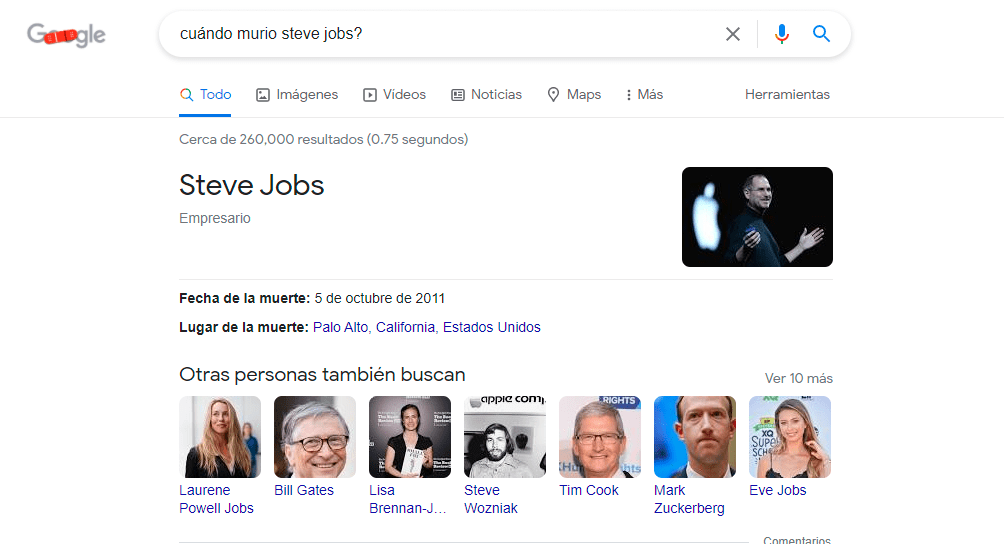There’s been a lot of talk on this blog about SEO. Search engines are getting more and more technology to understand what web pages are all about. But they also need to understand what users are looking for to give the most optimal results. Google Bert is one of them. Let’s explore it further.

As I said, BERT is a Google algorithm. It was implemented in 2018 to better understand online searches. As such it is artificial intelligence.
BERT helps the seeker understand what the user is looking for. BERT aims to bridge the gap between human language (natural language) and that of robots. Improving this route of communication will help deliver more optimal results.
BERT stands for Bidirectional Encoder Representation from Transformers (Bidirectional Transformer Encoder Representations). By its name, it is an encoder that gets bidirectional representations through transformer networks. What does this mean?

Well, let’s get to the first thing. To get a program to understand human language, you need to be able to do some tasks. These are:
For a long time, different programs were needed to perform each task. That’s where BERT comes to innovate.
What Google developers did was train a base model that learns to interpret language in general. To this are added layers that allow you to specialize in specific tasks. Once integrated, the model can be retrained to perform more specific tasks. Thus BERT is the first artificial intelligence model that can interpret human language at different levels. (Hence the stir it has caused).
If you are interested in learning more about how BERT works, I recommend this video.
Beyond science fiction concerns about artificial intelligence, you need to be aware of Google’s algorithms. We know from SEO that search engines seek to understand content and searches and that this affects whether or not we appear in the results. So, can BERT benefit from it appearing in search results?
BERT has innovated in understanding user searches. Of course, the other part is about providing the best results. Therefore, BERT also analyzes the content of the results it yields. Which is of vital importance to highlight. It better understands the content it offers as a result.
Is this good or bad?
Some have labeled it as a bad thing. When searching with Google there are times that direct answers are offered, without the need to enter a web page. For example, if I’m looking for Steve Jobs' death date, I don’t have to go anywhere for Google to give me the answer I’m looking for. This way, I do not click on the page that has provided me with the information.

However, Google could already do this before this new technology. On the other hand, it is useful for such concrete answers, but when you are doing a detailed and thorough investigation, we will need to go into the sites, read more. BERT will only lead us to the right path.
If you think about it, BERT can bring many advantages to your SEO positioning. If this algorithm understands language better, it means he can better understand your content. His artificial intelligence is closer to that of a person. This ability allows you to predict if your content is what someone is looking for. Beyond keywords or internal and external links, BERT can understand what your site is really about.
There is still much to explore about Google BERT. However, it is already proving to be a powerful artificial intelligence. Perhaps it is the beginning of an era of direct communication between people and machines.
If you are interested in knowing more about how to use Google BERT in your favor there are already guides about it. For example, this one, aimed towards optimizing SEO .
If you want to know more about positioning your website, read on: